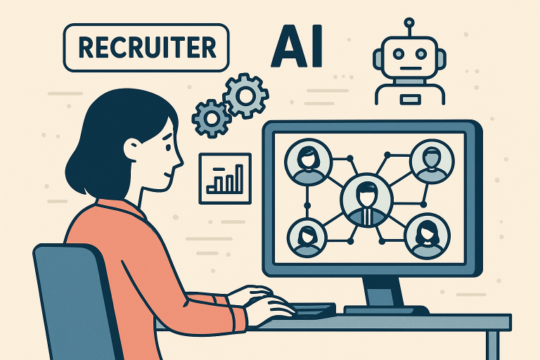Unless you plan on raising your kids like Viggo Mortensen’s character in Captain Fantastic, living a nomadic life in the woods, hunting game and learning everything straight from hardcopy books, the Internet is and will most likely keep being the primary source of information, education and entertainment to almost all children born nowadays. Technology can be a wonderful tool in developing skills and preparing young people, but there are also risks that parents should be watchful when introducing their kids to it.

It is almost inevitable to hide the internet from your kids. They’ll see it in school, friends will talk about it, and most likely even you will indirectly let them know it’s an essential tool. So, the best approach initially shouldn’t be to take any extreme measures, either giving a toddler an iPad or totally vetoing social media to a teenager. It is important for them (and also you!) to familiarize with it according to their maturity and self-consciousness. Very young kids playing online games shouldn’t be able to talk to random strangers in any situation, and usually these games have a “private mode”, in which no one can contact them. Teenagers should be taught how to identify potential online predators or trolls that could expose their information (a.k.a. doxing) or turn them into bullying targets.
Another very dangerous aspect about the Internet is the whole ‘self-imaging’ and unrealistic lifestyles your children might be exposed to especially when using social media. So even if they are old enough to understand the most obvious threats out there, this one can be underlooked and may be very harmful to teens. They should be taught that most of what they see online is almost never real and is engineered to drag views and money.
If you want to keep an eye on what your kids are doing, limit their online time or prevent them from accessing specific content on their devices, there is a wide availability of monitoring apps that can be installed and tweaked to specific settings according to your needs. Keep in mind though that this won’t always stop them from seeing illegal content on others’ devices or bypassing some of the settings, so this should be used a support tool along with educating them about the internet dangers.
It’s important to think that our kids are being more adapted to the digital than we were in our infancy, as our parents almost never had the knowledge when raising us than we have now, even though the online dangers haven’t changed much since then. By exposing them to the internet accordingly to their age, they will have more knowledge and experiences than we do and will be part of a more prepared generation to raise their own children into it as they grow older.



